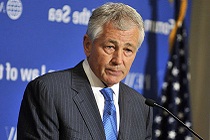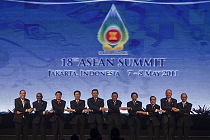The relevance of Gandhi in China today
In recent years, there has been a growing interest in Gandhian philosophy and values among Chinese citizens. Can the Mahatma’s philosophy of non-violence, social harmony, and environmental protection be applied to address issues facing present-day China?









